Gratitude
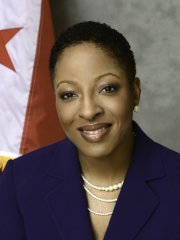 Those who know me best, know that I have an absolute love and admiration for words. The artful weaving of just the right words can invoke a feeling, create an image, inspire the imagination and give us courage. No matter if our words are brief or verbose, they must always be chosen with intent because our words have impact. So, as we set our sights on a new year, I am resolved, and intent, to begin 2018 with words of gratitude to each of you. Thank you for the work that you do in service to the residents of the District of Columbia. Thank you for being a voice to those we cannot hear. Thank you for standing up and standing firm on the values that drive our government. Thank you for your civility in your service to your agencies and your colleagues. Our work here at the Office of Open Government would not be possible if it were not for the partnerships we enjoy with all of you.
Those who know me best, know that I have an absolute love and admiration for words. The artful weaving of just the right words can invoke a feeling, create an image, inspire the imagination and give us courage. No matter if our words are brief or verbose, they must always be chosen with intent because our words have impact. So, as we set our sights on a new year, I am resolved, and intent, to begin 2018 with words of gratitude to each of you. Thank you for the work that you do in service to the residents of the District of Columbia. Thank you for being a voice to those we cannot hear. Thank you for standing up and standing firm on the values that drive our government. Thank you for your civility in your service to your agencies and your colleagues. Our work here at the Office of Open Government would not be possible if it were not for the partnerships we enjoy with all of you.

Farewell to BEGA Board Member
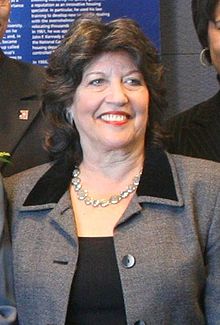
Carol Schwartz
Thanks Carol for your service! The Office of Open Government wishes you the very best as you embark upon new endeavors.
Legislative Update
The Criminal Record Expungement, Criminal Record Accuracy and Record Sealing Legislation. On December 14, 2017, the Committee on the Judiciary and Public Safety, held public hearings on Bill 22-0045, the “Criminal Record Expungement Amendment Act of 2017”, Bill 22-0404, the “Criminal Record Accuracy Assurance Act of 2017”, Bill 22-0447, the “Record Sealing Modernization Amendment Act of 2017”, and Bill 22-0560, the “Second Chance Amendment Act of 2017.”

Criminal Record Expungement Amendment Act of 2017
Bill 22-0045, the "Strengthening Government Transparency Amendment Act of 2017.", will expand the definition of felonies eligible to be sealed to include failure to appear, theft, and felony possession. The bill also makes all misdemeanors eligible to be sealed.
Bill 22-0404, the “Criminal Record Accuracy Assurance Act of 2017”, will prohibit criminal history providers from providing information relating to expunged, sealed, set aside, or inaccurate records, as well as infractions, arrests, and charges that did not result in a conviction. The bill also authorizes the Office of Human Rights to receive administrative complaints and establishes penalties for violations.
Bill 22-0447, the “Record Sealing Modernization Amendment Act of 2017””, will allow for automatic sealing or expungement of records in certain cases, expand the offenses eligible for sealing to include all misdemeanors and most felonies, and allow for sealing of multiple convictions. It also establishes procedures for the Clerk of the Court, prosecutors, law enforcement agencies, pretrial corrections, and community supervision agencies regarding expungement for non-convictions.
Bill 22-0560, the “Second Chance Amendment Act of 2017”, will mandate the automatic sealing of criminal records for non-convictions, shorten the waiting period before a person is eligible to seal his or her criminal record, and expand who is eligible for record sealing. The bill also provides guidance to residents on how to answer questions about criminal records on employment and housing applications and requires a group of independent legal experts to review ineligible misdemeanors and felonies and issue a report with recommendations.
On September 26, 2017, the Committee on Workforce Development held a public hearing on B22-401, the “Workforce Development System Transparency Act of 2017.”, The purpose of the bill is to require the Mayor to develop and update annually a report outlining all District government spending on workforce development across agencies, including programs and activities, their funding, services, providers, and performance outcomes.
COGEL Conference 2017
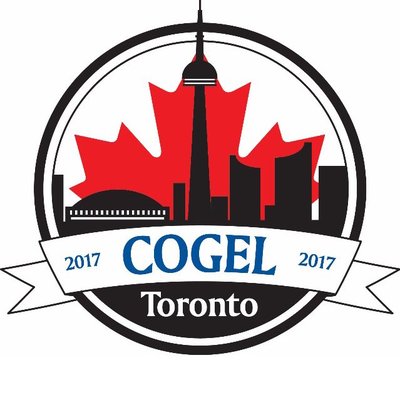
The OOG attended the 39th annual Conference on Governmental Ethics Laws (COGEL), in Toronto, Canada, December 2-6. This year’s conference included more than 45 educational sessions, 25 breakfast table topics, and over 125 speakers including experts on FOIA and open meetings law. Two recent OOG advisory opinions on FOIA and the OMA were included in the national roundup of developments presented at the conference. The subjects of those opinions are: (1) Whether a FOIA request that names a sender of email and the D.C. government agency of the recipients constitutes a reasonable description of public records sought under FOIA; and (2) Whether the DC Public Charter School Board may rely on Robert’s Rule of Order to revise at its meeting a final agenda to consider items which require public notice, public presence and a period of public comment. The opinions may be found on the OOG website at open-dc.gov.
Freedom of Information Act
The 12 Days of FOIA
1. On the 1st day of FOIA a requester sent to me a request that was so confusing. 2. On the 2nd day of FOIA, correspondence to the requester was sent by me by asking for clarity. 3. On the 3rd day of FOIA, after the requester failure to provide clarity, I informed the requester, I would be “tolling.” 4. On the 4th day of FOIA the requester sent to me the FOIA request clarity. 5. On the 5th day of FOIA the requester was sent from me a statement estimating (costs). 6. On the 6th day of FOIA the requester sent to me a statement indicating that he was accepting (the estimate of costs), 7. On the 7th day of FOIA correspondence was sent by me to the requester stating that I was “searching.” 8. On the 8th day of FOIA correspondence was sent by me to the requester stating that I was extending (requesting 10 addition days to make a determination) 9. On the 9th day of FOIA correspondence was sent by me to the requester stating that I was redacting. 10. On the 10th day of FOIA correspondence was sent by me to the requester stating that it was time to start paying. 11. On the 11th day of FOIA I began to see that the FOIA Officer was rolling out documents to me. 12. On the 12th day of FOIA it was plain to see that I would be appealing!
The Language of FOIA
“Reverse FOIA”. These actions arise when the a corporation or business entity that submits information to an agency or public body files suit to prevent disclosure by the government who is willing to release the information to a third party in response to a FOIA request. See Jurewicz v. United States Dep't of Agric., 741 F.3d 1326, 408 U.S. App. D.C. 271, 2014 U.S. App. LEXIS 2076 and CNA Fin. Corp. v. Donovan, 830 F.2d 1132, 1987 U.S. App. LEXIS 13001, 265 U.S. App. D.C. 248, 44 Fair Empl. Prac. Case. (BNA) 1648, 44 Empl. Prac. Dec. (CCH) P37,424, 34 Cont. Case. Fed. (CCH) P75,389
Curtain Call
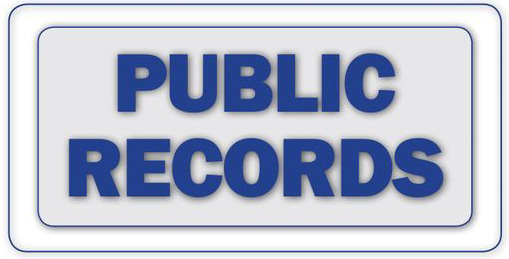
The DC Recorder of Deeds
The DC Recorder of Deeds: A Records Gold mine for information on real property. The Recorder of Deeds, an administration of the Office of Tax and Revenue, is the official repository of all land records and general public instruments for the District of Columbia. The office is responsible for the collection of all recordation and transfer tax and filing fees on instruments being recorded and maintains these records for public inspection.
Land records are public documents and individuals who need information must do their own research. For assistance with extensive land records research, please consider hiring a local title company or an attorney familiar with Land Records. Location: 1101 4th Street, SW, 5th Floor Washington, DC 20024. Telephone: (202) 727-5374. Taken from the DC Recorder of Deeds website, to learn more click here...
Open Meetings Act
The OOG opines on the DC Register publication requirements. D.C. Official Code § 2-576(2). As we know, the notice requirements of meetings provisions are set out in D.C. Official Code § 2-576. The OOG interprets notice of the yearly calendar dates to be published in the D.C. Register as feasible since the dates are to be voted on and established by a public body at the beginning of a calendar year. These dates and notice, to include the time, date, location and planned agenda items for a meeting, may be modified provided there is 48 hours or two business days notice to the public via posting on the website of the public body (§ 2-576(2)(B)), and in a location readily accessible to the public (§ 2-576(2)(A)).
The publication deadlines for the D.C. Register are typically 10 days in advance of the next publication, and it is likely unfeasible for public bodies to meet this deadline as agendas containing topics to be discussed, are not formalized that well in advance, and therefore not timely as practicable pursuant to § 2-576(3). The OOG interprets the OMA as contemplating and providing some relief to public bodies by allowing updated meeting schedules (subsequent to the establishment of the yearly calendar meeting dates), notices/agendas to be posted in hard copy, and on the website within the 48 hours or two business-day timeframe.
The Office of Open Government maintains the only central calendar for public bodies. Public bodies can meet all Open Meeting Act “Notice of Meetings” (D.C. Official Code § 2-576) and “Record of Meeting” (D.C. Official Code § 2-578) requirements by publishing online at OPEN-DC.gov. The site is user-friendly, and allows public bodies to securely publish from their desktops. The site also provides an area where entities may list member names and roles with their respective public bodies. A password and login information is necessary to publish on OPEN-DC.gov. Please contact Waddah Kittab at wadddah.kittab.@dc.gov for assistance in getting started on OPEN-DC.gov.
Resolved Open Meeting Acts Complaints
The Office of Open Government issues binding advisory opinions to public bodies on compliance with the Act.
- OOG--00011_10.31.17_AO Whether the OMA authorizes the SEUAB to meet in closed/executive session to draft and edit a contract performance report.
- OOG-007_10.25.17_AO Whether the OMA authorizes a public body to meet in a stand-alone closed/executive session distinct from, and unrelated to, an open meeting; and whether a public body must first adjourn an opening meeting to meet in a closed/executive session that is part of a single meeting.
- Dismissal of #OOG-0012_10.13.17 _AO Dismissal of Complaint Resolving Whether a Subcommittee is Subject to the OMA
- #OOG-0010__10.3.17 Resolution of Complaint
- #OOG-0009__9.30.17 Resolution of Complaint
- OOG_008_9.23.17 AO OMA Complaint resolving whether the OOG has the authority to require OTR to provide an income tax refund check and the results of its investigation concerning the refund.
- OOG-0003_7.03.17 Complaint_COST_AO Complaint Resolving Whether the Commission on the Selection and Tenure of Administrative Law Judges (COST) Violated the Open Meetings Act
Upcoming Trainings
| Date | Location | Time |
|---|---|---|
| January 18,2017 | 441 4th Street, #540S | 1:00-2:30 pm |
OOG also provides OMA and FOIA trainings upon request
End·Note |ˈen(d)ˌnōt/|
New BEGA Board Member
- Former Ethics Director, Darrin Sobin, has been nominated by the Executive Office of the Mayor to serve as the newest member of the Board of Ethics and Government Accountability. The Council may vote on the resolution to confirm Mr. Sobin’s appointment during its January 9, 2018, Legislative Meeting.


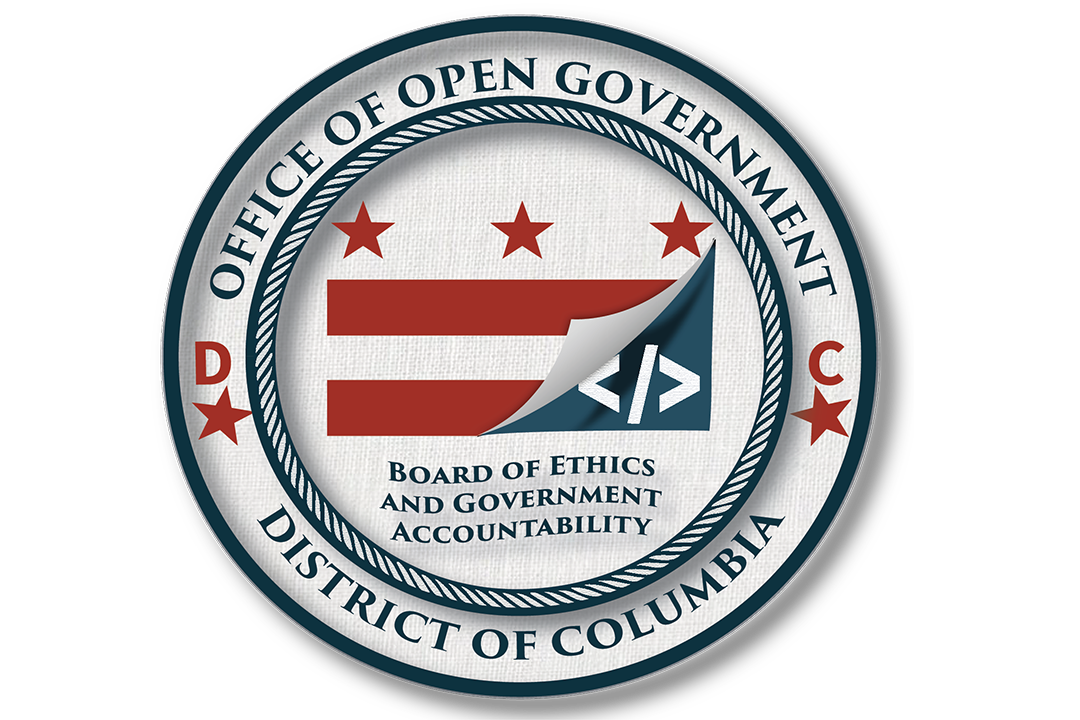
OOG provides advice to agencies and the public on compliance with FOIA and the OMA.